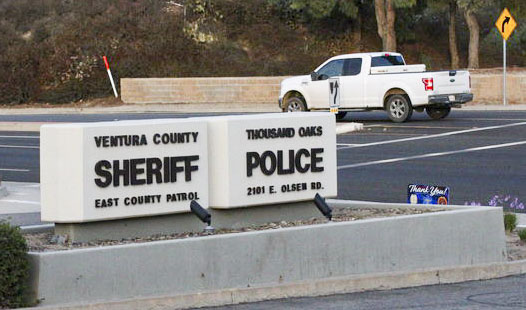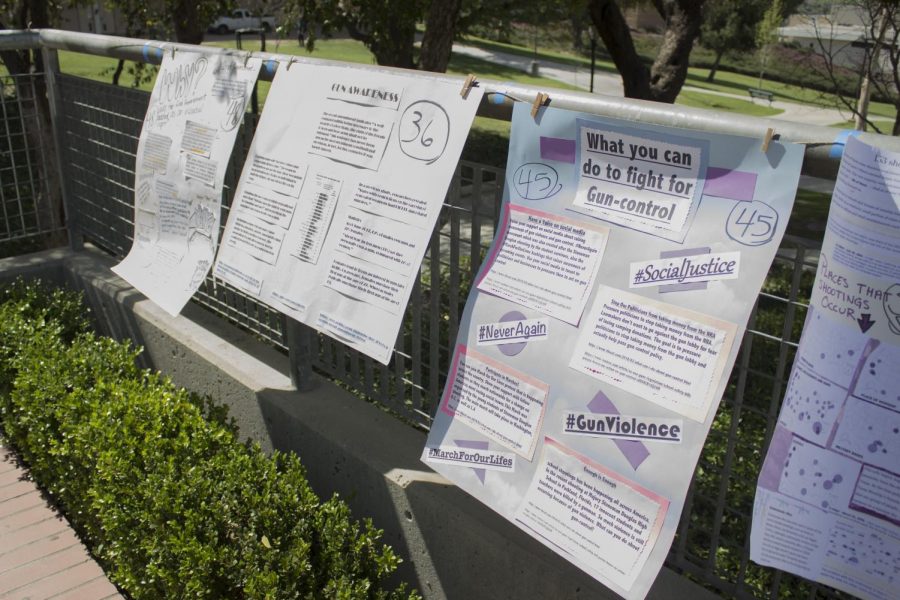
To better understand evil, I looked at the word itself. “Ev” followed “il”. What does it mean? After several hours of staring at those four letters, I finally admitted that I was getting nowhere this way and decided to just look up the word in the dictionary.
The American Heritage Dictionary, “all-new fourth edition”, defines evil as “morally bad or wrong; wicked”. The cover of the dictionary advertises it as the “21st Century Reference” so I took the book’s word for it.
But evil is a very broad term and philosophers have argued its proper definition for thousands of years.
Ancient Greek philosopher, Plato, rejected the very idea of evil saying that it is “merely ignorance and that which we call good is merely that which everyone desires”.
17th century Dutch philosopher, Benedict de Spinoza, argued that the evil is simply based on personal inclinations. “Such things as please us, we denominate as good, those which displease us, evil.”
Every religion also has its own understanding of evil. Often times, followers of one religion may see people of not their religion as evil. 17th century French theologian believed this to be the flaw of religion. “Men never do evil so completely and cheerfully as when they do it from religious conviction.”
Does time also have a say in the evil factor? Most would agree that Adolf Hitler was an evil man. But what about Genghis Khan? More people seem to agree that Hitler was more evil than Genghis Khan. Is this because Hitler lived more recently than Genghis Khan so we as a society remember one more than the other? As we forget about an evil person does he become less evil?
But is there even a universal definition of evil? Or does it depend solely on the cultural background? For example, most of us in the western world view Osama bin Laden and his idea of Islamic fascism as evil. But he and his followers see the western civilization, specifically the Unites States, as evil. Who’s truly evil? Neither? Or maybe even both as we kill each other on a daily basis.
But there are those who believe that in order to do good, one must partake in evil. This leads into the old saying “The ends justify the means.” In current politics, what some people call evil, others call “playing hardball”. United States Vice-president Dick Cheney made a reference to Star Wars on Sep. 11, 2001 saying, “we also have to work… sort of the dark side.”
If you have any thoughts on evil and what it may mean, let us know by sending a letter to studentvoice@vcccd.edu. We’re in way over our heads to figure this out by ourselves.







